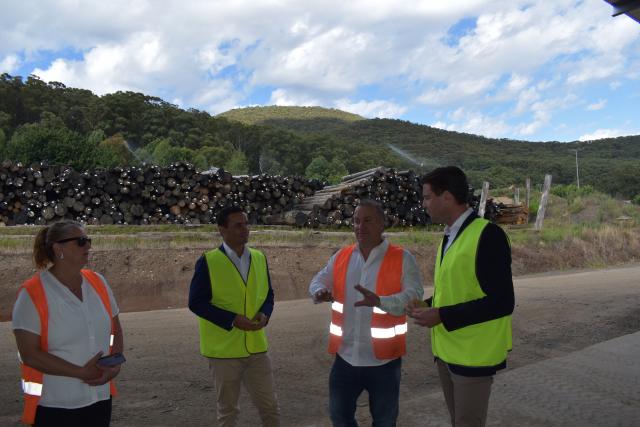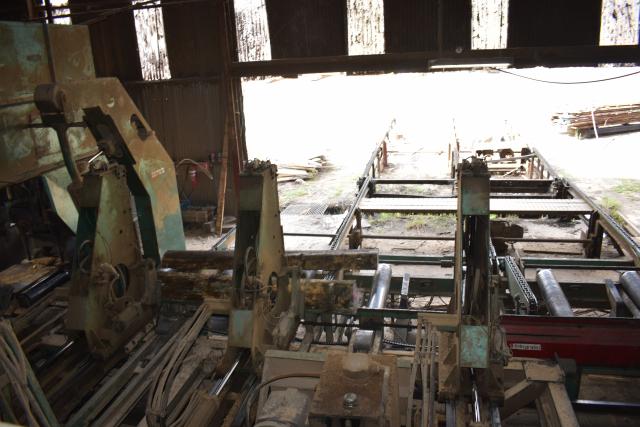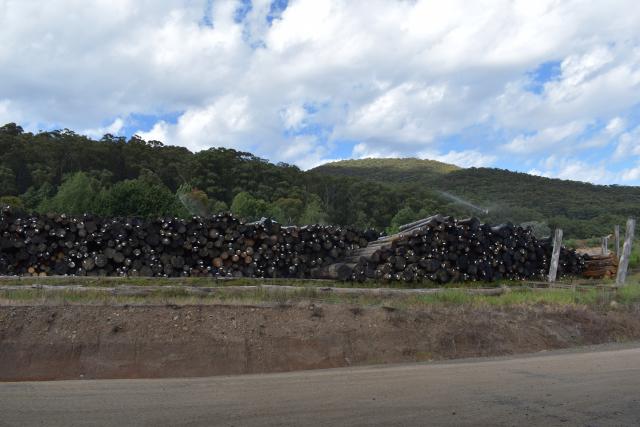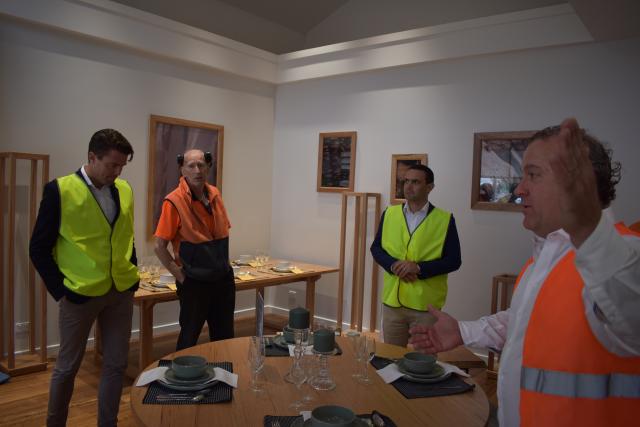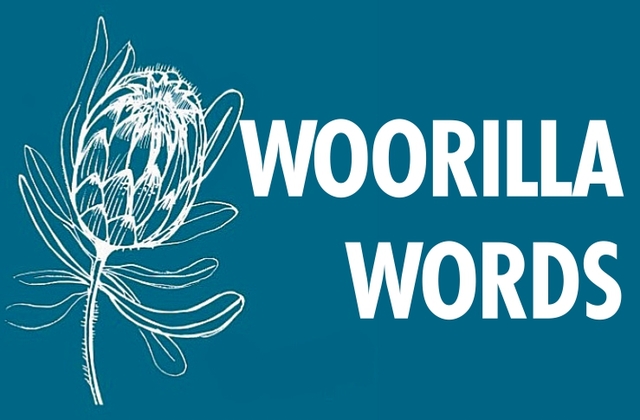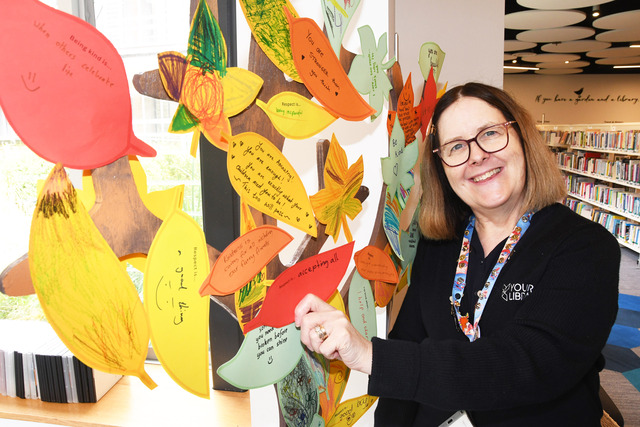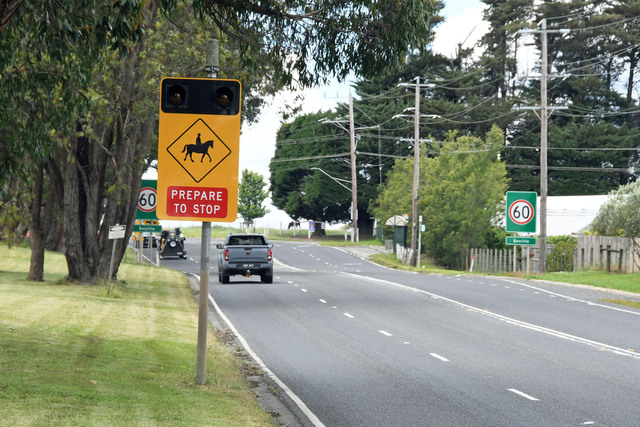The timber industry has been a cornerstone of the Upper Yarra for over 100 years but the future is uncertain with a major transition away from native forest logging on the horizon.
The Victorian Government has set 2030 as the state’s goal for halting all native forest logging but there has been pressure to reduce that even further.
Casey MP Aaron Violi and Federal Shadow Minister for Fisheries and Forestry Johnathon Duniam visited the historic mill to discuss the future of the industry and meet the people behind the mill on Wednesday 22 February.
Powelltown Sawmill CEO Daniel Pote said he wants further support from both the State and Federal Labor Governments to help find a path and be given a greater chance to transition by 2030.
“If this industry is shut down earlier, there will be no transition. We’ve got workers, parents and their children who work in the milk and it would devastate them. 80 per cent of our workers live in a 15km radius, and they are passionate about it,” he said.
“One thing I’ve learned here is that every worker here is in touch with the bush and the environment, they really care for the trees, for the wildlife and are the first ones out fighting fires, doing weed control or getting rid of pest species.”
The Brittania Creek and Warburton Sawmills amalgamated into the Powelltown Sawmill back in 2006, with management handed over to Mr Pote’s father-in-law Harold Fox in March 2013.
Mr Pote said he wants to see greater education about how Australian sawmills operate.
“We should be proud as a country of how well we do it versus other countries and we want to play a role in educating not only the local community but also the wider community as well. There is a lot of propaganda and sometimes mistruths about what happens in this industry,” he said.
“We invite anyone to come and visit us and see what we do so they can understand the ramifications of a decision to transition the industry, timber is still a desirable and much-needed resource.”
The Powelltown Sawmill was only guaranteed a secure log supply from VicForests until 2023, which has been further impacted by injunctions enforced by recent court decisions against VicForests in 2022.
Mr Duniam said one thing Covid showed is that Australia is so exposed when it comes to reliance on imports, including timber for furniture, housing and other construction.
“We need to do everything we can to foster this industry here, we do forestry to some of the highest standards in the world. We produce a better product with a lower impact on the environment,” he said.
“We need to be working with states, who control to a large degree what happens on the land within their jurisdiction, so that they understand the importance of this industry. Because if you’re not taking the trees out of Victoria forests in a sustainable way, people are still going to want the product, but it’s going to be ripped out of places like the Congo Basin or the Amazon Rainforest where it may never be replaced and the environment is worse for it.”
The Federal Coalition promised $465 million to grow Australia’s forest industries through a National Forest Industries Plan ahead of their unsuccessful 2022 election campaign.
A spokesperson from the Australian Department of Agriculture, Fisheries and Forestry said the Australian Government is committed to the long-term future of the forestry sector and is investing over $300 million in support.
“Our plan will see the government working in partnership with industry, unions, states and territories to support the forestry sector in continuing to provide critical building materials, contribute to emissions reduction targets and deliver for jobs and communities,” they said.
The Australian Government’s support for the forestry industry includes grants to expand the national plantation estate and for the better utilisation of logs and fibre to reduce the industry’s carbon footprint, expansion of the research and development work of the National Institute for Forest Products Innovation and building the skills of the forestry workforce.
Mr Violi said it’s crucial that we support local jobs and local communities, not just for the current employees, but for future generations such as the young children and teenagers in Powelltown.
“It’s very important to understand that this industry can be sustainable. It’s world-class in environmental standards, so we need that national approach to make it as efficient as possible from a cost and environmental perspective,” he said.
“If it’s not coming from here then it’s coming from overseas, where it might not have been as regulated and is doing more damage to the environment.”
The Victorian Department of Energy, Environment and Climate Change (DEECA) was contacted for comment.

